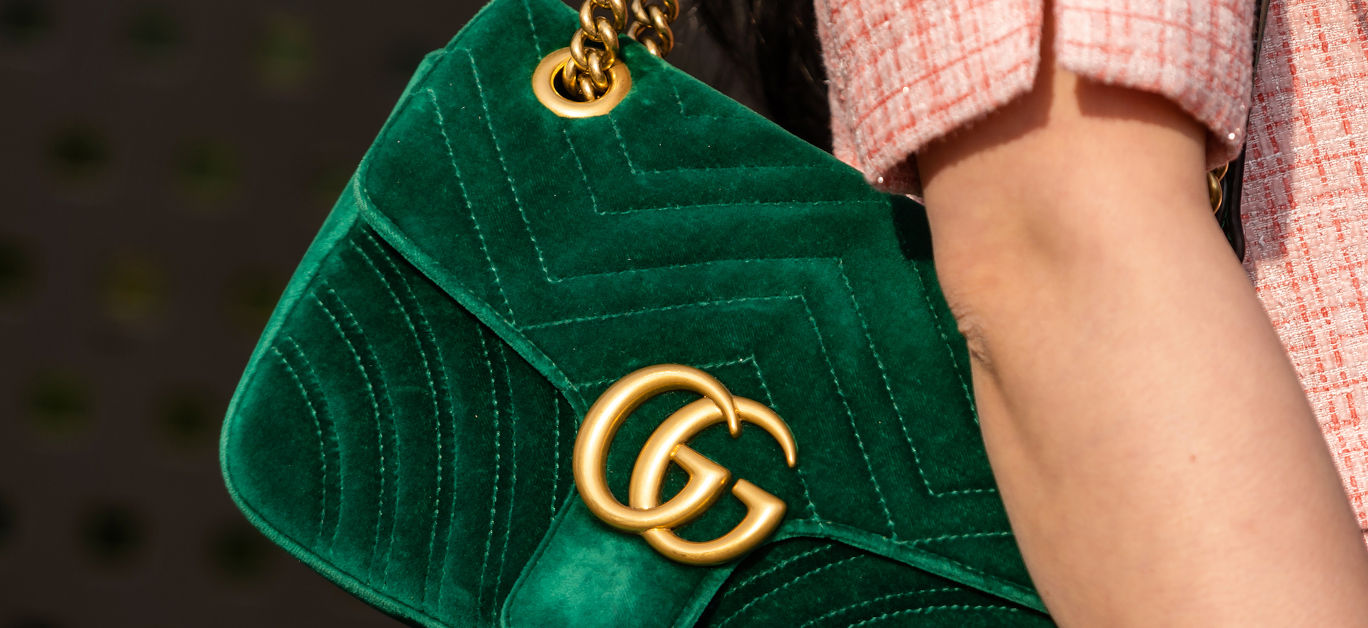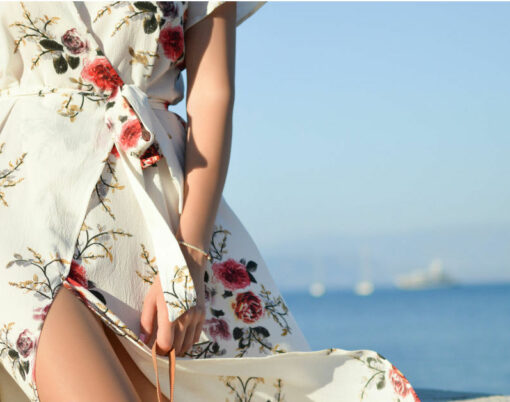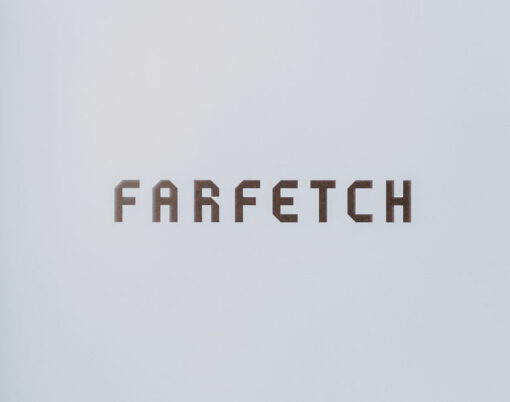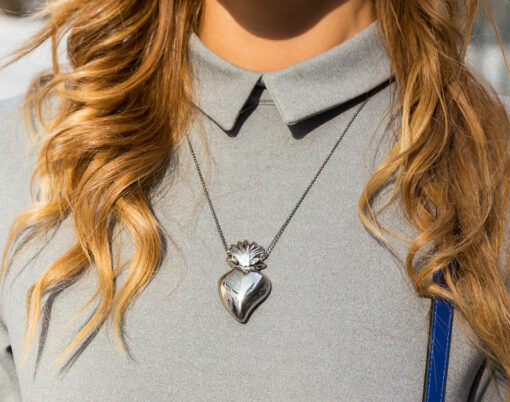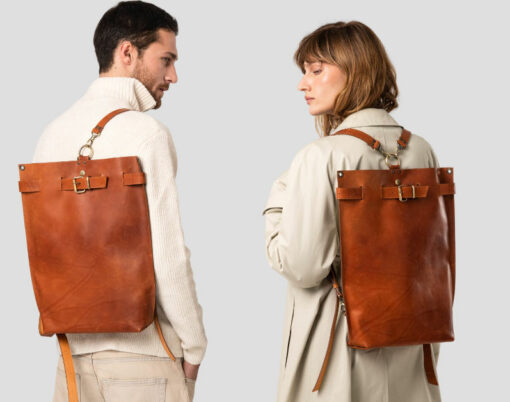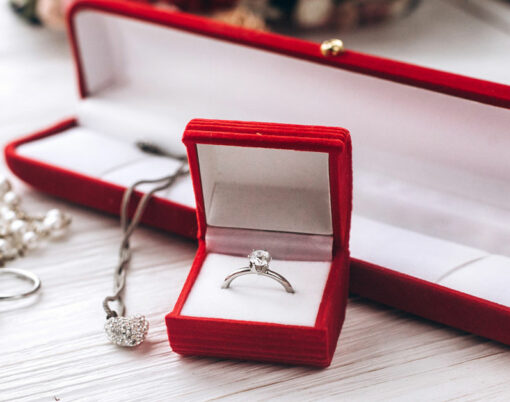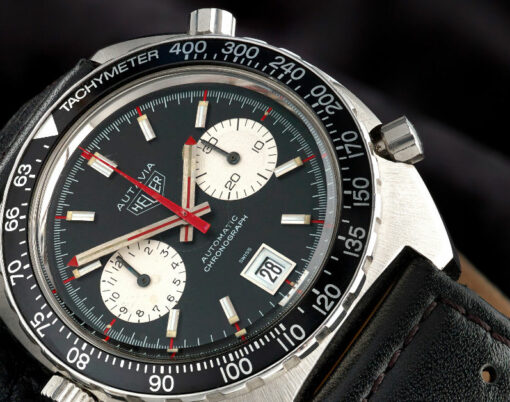Luxury has long been synonymous with quality and exclusivity, but over recent years, an increasingly discerning segment of the population is demanding the brands they shop with embrace sustainability, too. The fashion industry has, as a result, undergone a dramatic shift, with high-end brands under more pressure than ever before to ensure that all aspects of bringing a product or line to market – from sourcing and manufacturing to transportation – are done so with a more eco-friendly approach in mind, and while some have been slow to adapt, others have embraced the challenge wholeheartedly.
In 2023, luxury clothing brands are more ethical than ever – which is no small feat when you consider that many were steeped in controversy just a decade or two ago for their choices of materials and the processes involved with bringing their products to market. Once at risk of losing valued customers, by adopting sustainable initiatives, these brands are not only reducing their environmental impact but turning things around for themselves and also setting new standards for the industry as a whole.
Spurred on by a new breed of luxury brands that have placed sustainability at their heart from the very heart – like Copenhagen Bamboo, whose bamboo clothing is produced in a way that minimises the use of chemicals, pesticides and artificial irrigation – the high-end market has well and truly entered a new era – and it hasn’t come a moment too soon. Here’s how things have changed for the better.
Ethical sourcing and production processes
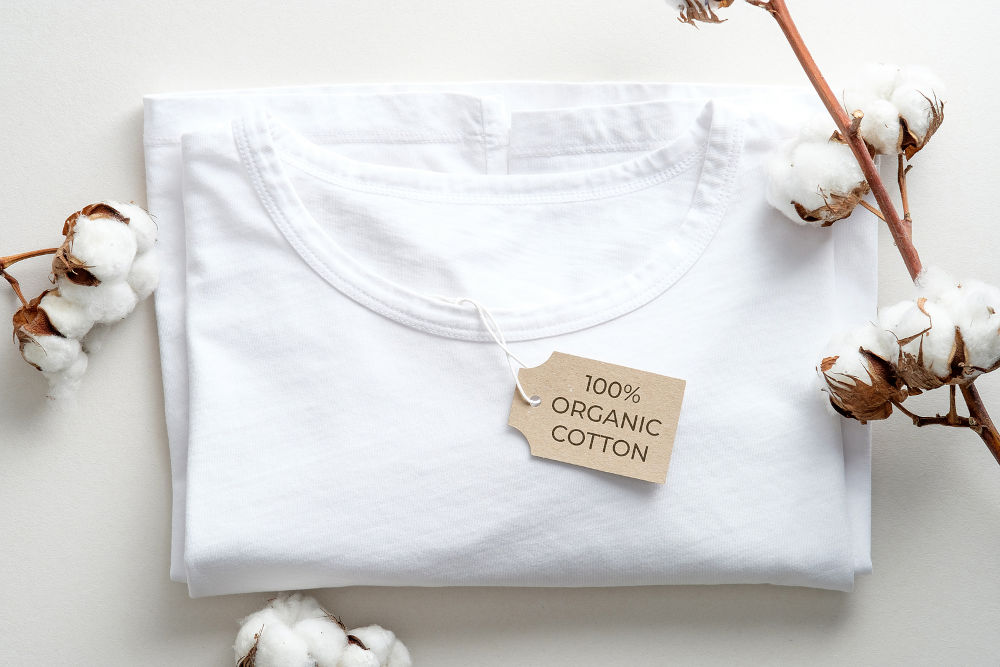
The practices associated with fast fashion have long been criticised for their damage to the environment, with chemicals being dumped into waterways during the manufacturing process and huge carbon footprints created through all that’s required to bring them to market on such a large and recurring scale. But luxury fashion has always been synonymous with timeless styles and impeccable quality, with garments and accessories built to last – and in 2023, our favourite high-end clothing brands are going one better on that and placing increasing emphasis on ethical sourcing and responsible production methods. That means seeking out sustainable materials like organic cotton and recycled alternatives, reducing the use of harmful chemicals and minimising water consumption during manufacturing, as well as reducing the overall carbon emissions associated with the process.
Transparency, too, has become vital for luxury brands looking to remain in favour, which means being open and honest about all elements of the supply chain. As a result, this has meant better and safer working conditions and fairer labour practices overall, thus representing a commitment to social, as well as environmental, responsibility.
A circular economy
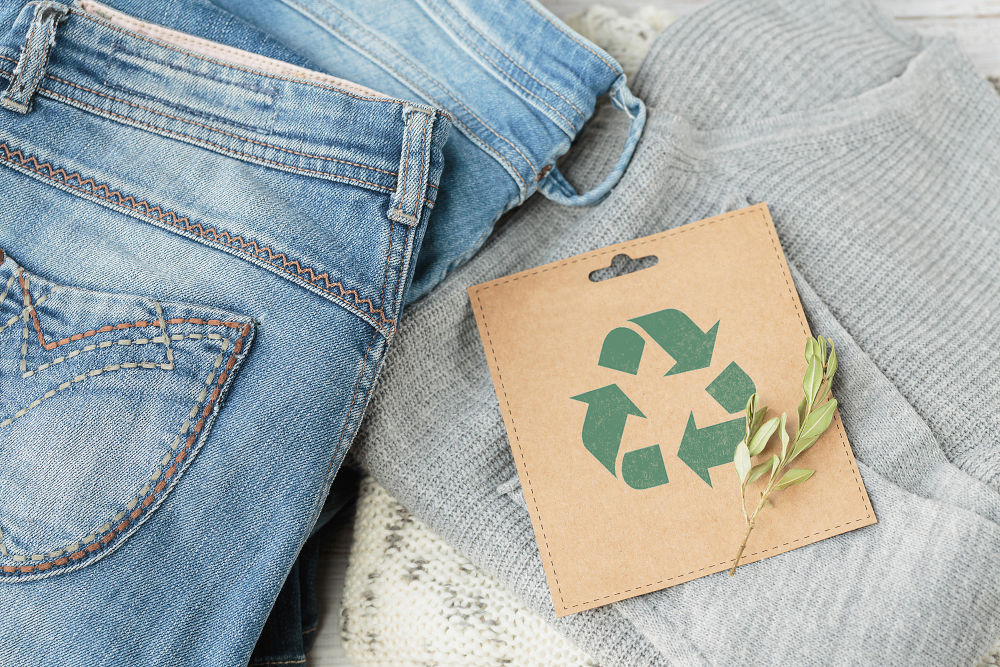
The concept of a circular economy is often lauded as the key to a more sustainable world, and luxury clothing brands are now doing their bit to make it a reality. The goal is to create a closed-loop system where materials are recycled and repurposed, and to achieve this, a growing number have launched initiatives that encourage customers to return used products to them when they are finished with them. These are often then recycled to create new products, reducing waste and minimising the brand’s overall environmental impact.
As part of their commitment to this, luxury brands are investing more money into technology, collaborating with renowned research institutions to create new materials that have a lesser impact on the environment and can be more easily recycled – and it’s a move that extends to improving their processes overall.
Consumer education

Whilst it’s true that many high-end brands are adapting in such ways to cater to growing customer demand, some are actually the ones educating consumers on the importance of shopping more sustainably, and of holding the brands they choose to account over their practices. Through transparently communicating their own sustainability initiatives and highlighting the positive impact of choosing eco-friendly products, the brands themselves have played a sizable role in the societal shift we’ve seen over the past few years, and it’s something that shouldn’t go unnoticed. Channels like social media have served as a valuable platform for communicating and spreading awareness of the importance of making informed and environmentally-conscious decisions, and have helped them to empower consumers to make informed choices and embrace a more sustainable lifestyle in a way that just 20 years ago, wouldn’t have been possible.
The bottom line
There’s no denying that the fashion industry is undergoing a positive transformation when it comes to sustainability, and both consumer and luxury clothing brands are leading the charge. Whilst the increasingly environmentally-focused demands of the modern luxury customers means it’s a case of adapt quickly or die for brands, some brands are themselves setting an inspiring example that encourages more conscious consumption. The move towards eco-friendly practices in luxury clothing represents a dramatic shift, and finally, a more sustainable future is on the horizon for the fashion world overall.












